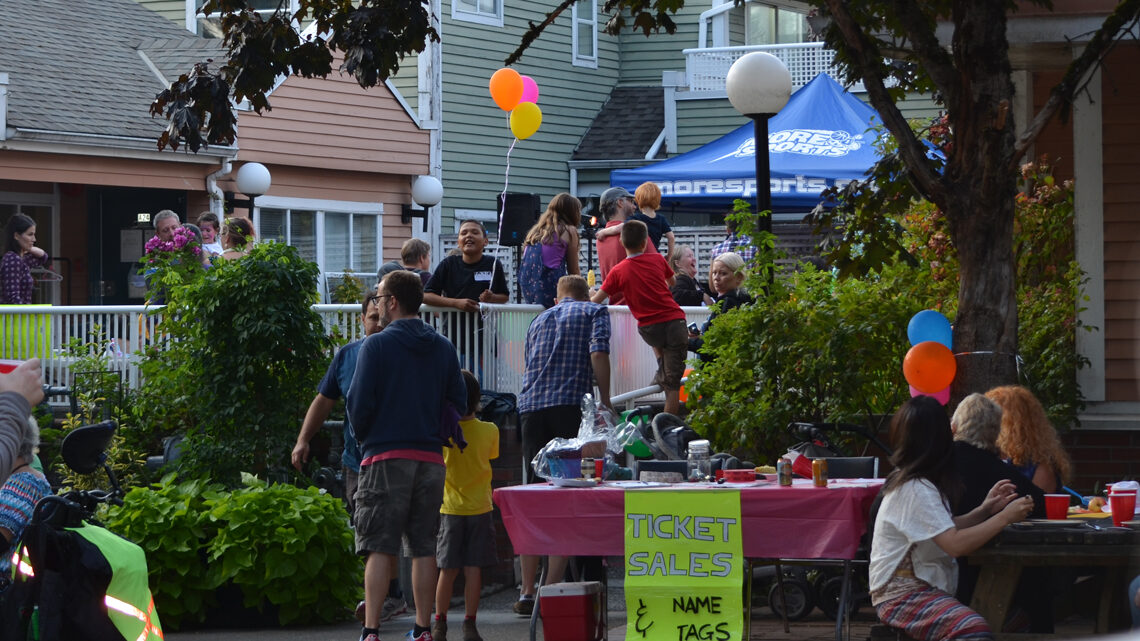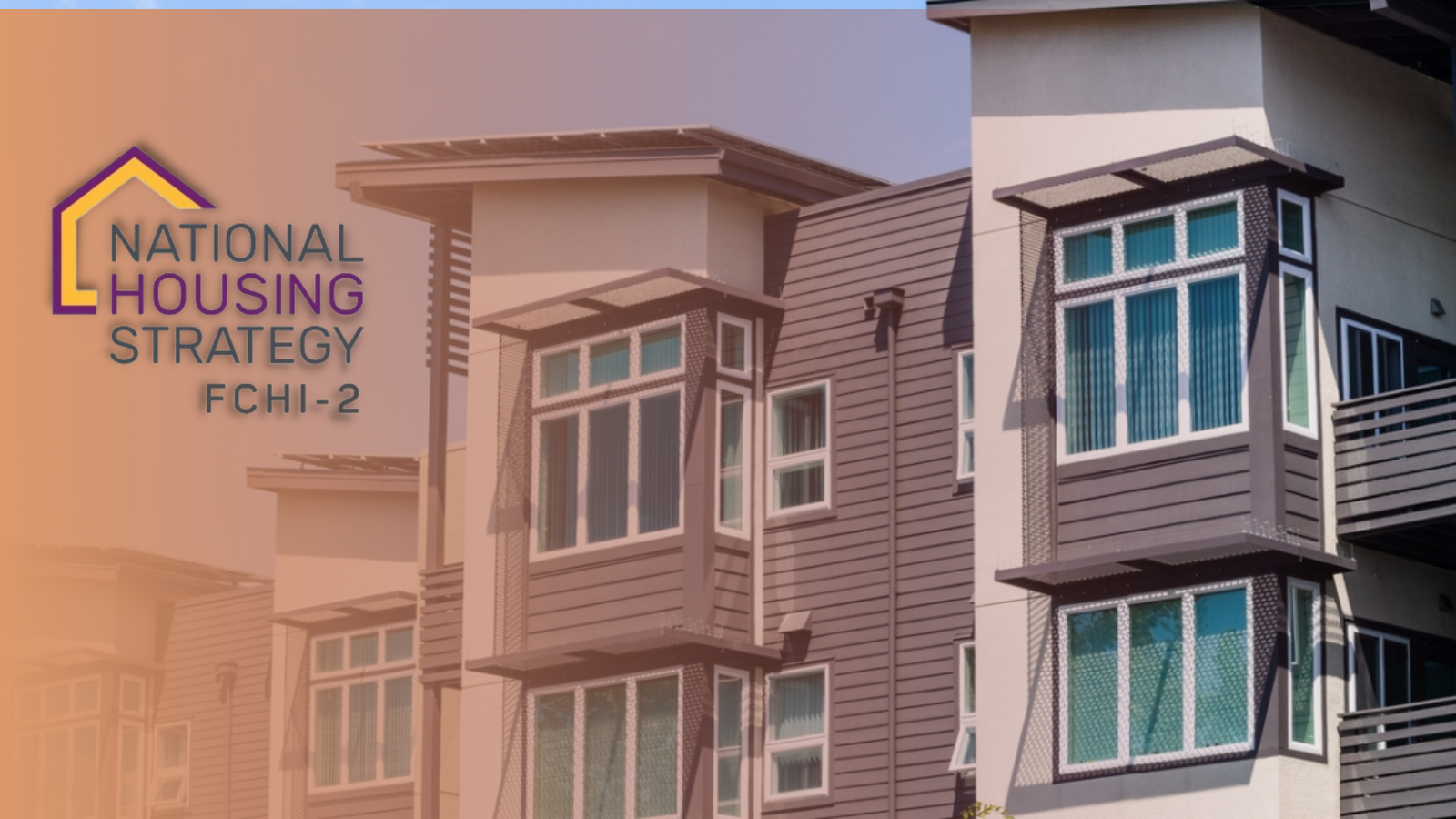LIVING IN A
HOUSING CO-OP
Anyone who knows housing co-ops will tell you that they are much more than bricks-and-mortar or a roof over your head. Housing co-ops are made up of people who form a close bond of association and work together to provide safe, secure and affordable homes for their members.
What is a Housing Co-op?
Even though many people are members of co-operatives (like credit unions, or Modo, the Cooperators or Peninsula Co-op), co-ops—and especially housing co-ops—are less familiar than limited companies and charities.
CHF BC and its member housing co-ops are part of a bigger community of co-operatives.
We’ve put together a video that answers some basic questions about co-operatives and how housing co-ops have some special characteristics that makes them a great alternative to more common rental and ownership models.
Watch the video here, or on YouTube and learn more!
If you want to hear a little more about how housing co-ops fit in with the broader co-operative movement, there’s a slightly longer version of the video, too.)

The Advantages of Co-op Living
Co-ops offer their members many advantages that are often unavailable in other forms of housing.
As a co-op member, you have security of tenure. That means you can live in your home for as long as you wish if you follow the rules of the co-op and pay your housing charges on time.
As a co-op member, you have a say in decisions that affect your home. You and your neighbours own your homes together, which means you have a say in how they are managed. Co-op housing is not public housing. Co-ops are self-governed, mixed-income communities, home to people of all ages and backgrounds. This diversity is one of the co-op movement’s greatest strengths.
Co-ops are communities in the truest sense of the word. While it’s common to hear people in other forms of housing say they don’t know or never speak to their neighbours, co-op members live and work together to create homes in active communities.
How Co-ops Work
Co-op members are not landlords or tenants. As co-operative owners, members work together to govern their association and manage their homes to foster strong communities.
Members elect a board of directors from among themselves to govern the co-op’s operations. Most co-ops also contract with managers to handle the daily operations and maintenance of their homes.
The board is elected by and accountable to the co-op’s members. Directors are volunteers who have a legal obligation to act honestly, in good faith, and in the best interests of the co-op.
Co-op Programs
Over the years, both the federal and provincial governments have created programs to support the development of non-profit housing co-ops.
The Community Land Trust also fosters co-op creation.

Rental Assistance Program (FCHI-2)
The Rental Assistance Program—part of the Federal Community Housing Initiative, Phase 2 (FCHI-2)—is the successor to CMHC's Section 95 and ILM programs.
Co-ops exiting their original operating agreements or FCHI-1 support between September 2020 and the end of March 2028 may be eligible.
The program targets low-income households that can’t afford a co-op’s maximum housing charges without exceeding 30% of their household income. As income fluctuates, the level of support may also fluctuate, but the total number of supported households is generally fixed at the time of program sign-up.
The program may not be compatible with some grants offered by municipal governments.
UPDATE (March 2022): Rental Assistance Program (FCHI-2) Action Plans
